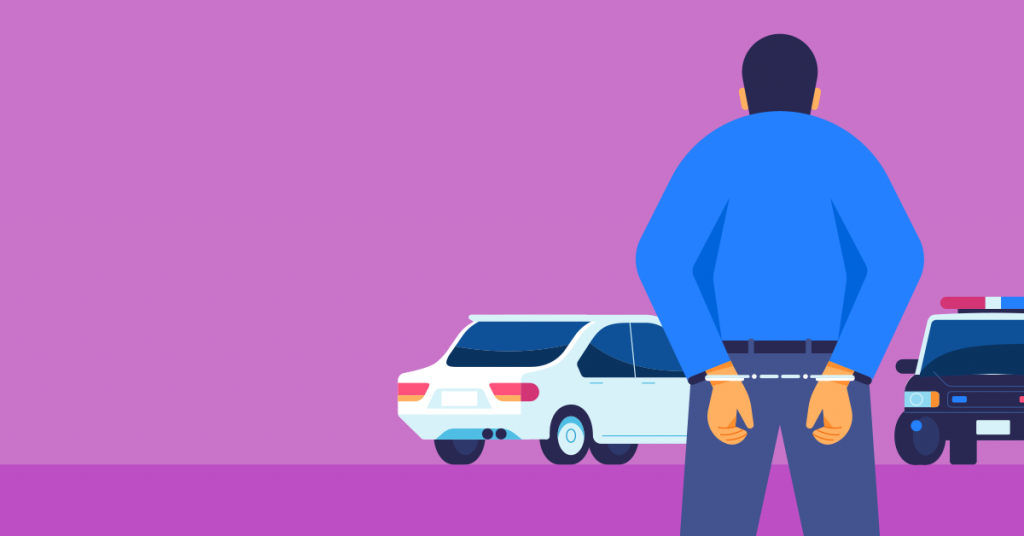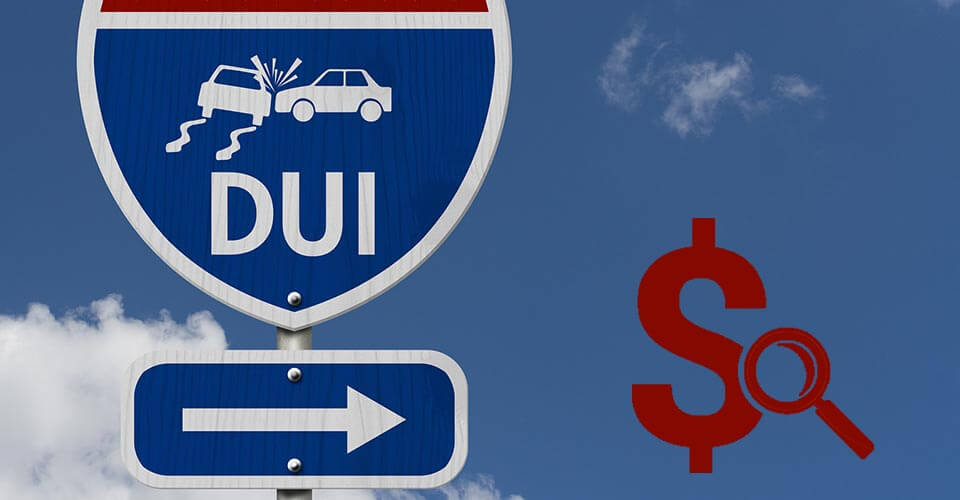
DUI (driving under the influence) and DWI (driving while impaired) law is the body of law that makes up criminal drunk driving and impaired driving charges. Any law that penalizes driving under the influence or driving with an unlawful bodily content of alcohol or drugs is a DUI / DWI law. DUI / DWI law involves both prosecuting and defending against cases of drunk driving.
There are several ways to be a drunk driver
In all 50 U.S. states, DUI / DWI law is a combination of several laws. To put it simply, there’s more than one way to be a drunk driver. One DUI / DWI law in all 50 states is that it’s illegal to drive with an unlawful bodily alcohol content. That means it’s illegal to drive with too much alcohol in your system based on the concentration of alcohol in your blood, breath or urine.
A chemical test can measure a driver’s substance levels and determine whether they’re out of compliance with the law. If a driver is over the legal limit, it doesn’t matter if the alcohol influences their ability to drive. In most states, the legal limit is .08 grams of alcohol per 210 liters of breath. However, in some states, the legal limit may be even lower.
Another way to be a drunk driver is to drive under the influence of alcohol or drugs. In the case of a driving under the influence charge, the state must prove that because of the use of alcohol or drugs, the person driving isn’t able to operate their vehicle in a normal manner. The driver doesn’t have to get in a crash. Unlike a charge for operating with an unlawful bodily alcohol content, a DUI / DWI under the influence charge doesn’t require any specific bodily alcohol content. A person can be under the legal limit and still in violation of the law if the alcohol or drugs influence their ability to drive.

DUI / DWI law with drugs is a developing area of law
As more and more states legalize recreational and medical marijuana, states are grappling with how to establish laws to protect society from drugged drivers. While all states have a legal limit for alcohol, states have addressed the question of drugged driving in different ways. Some states have set a legal limit for each drug like the legal limits for alcohol. These states say that while the science relating to drugged driving may still be developing, it’s still important to have legal standards for prohibited conduct that are meant to protect society.
Other states believe that’s too simplistic of an approach. They say that while scientific data shows a point where most people are too intoxicated from alcohol to drive, drug intoxication is not as clear. DUI / DWI law for drug use varies by state. An attorney who practices DUI / DWI law must understand the law in their state and be wary of any changes as they occur.
Prosecution and defense are both critical parts of DUI / DWI law
Both prosecutors and defense attorneys can be DUI / DWI attorneys. A prosecutor reads a DUI / DWI report by a police officer and decides whether to authorize charges. A defense attorney examines a DUI / DWI charge and makes a plan to defend their client. Practicing DUI / DWI law requires significant knowledge of the procedures used in a DUI / DWI investigation.
As a prosecutor, an attorney must know what elements they need to prove in order to show each element of the offense. Each state has rules for admitting the results of a chemical test into evidence. The rules can vary greatly between states. Making sure the officer follow proper procedures for field sobriety testing can help protect constitutional rights and ensure that a prosecutor brings only cases that are supported by sound evidence. The prosecutor must know the rules of criminal procedure in order to successfully bring a case through trial.
Who practices DUI / DWI law?
DUI / DWI lawyers are criminal lawyers. Some attorneys specialize in DUI / DWI alone, but most lawyers combine the practice with a general criminal practice. Because drunk driving law is state-specific, it’s common for a DUI / DWI attorney to practice in one, local area. If an attorney specializes in a certain type of DUI / DWI law like marijuana law or a certain type of drug, they may have a statewide practice. A local practice helps lawyers learn the common penalties for drunk driving in order to properly advise their clients of what they can expect from each possible strategy.
